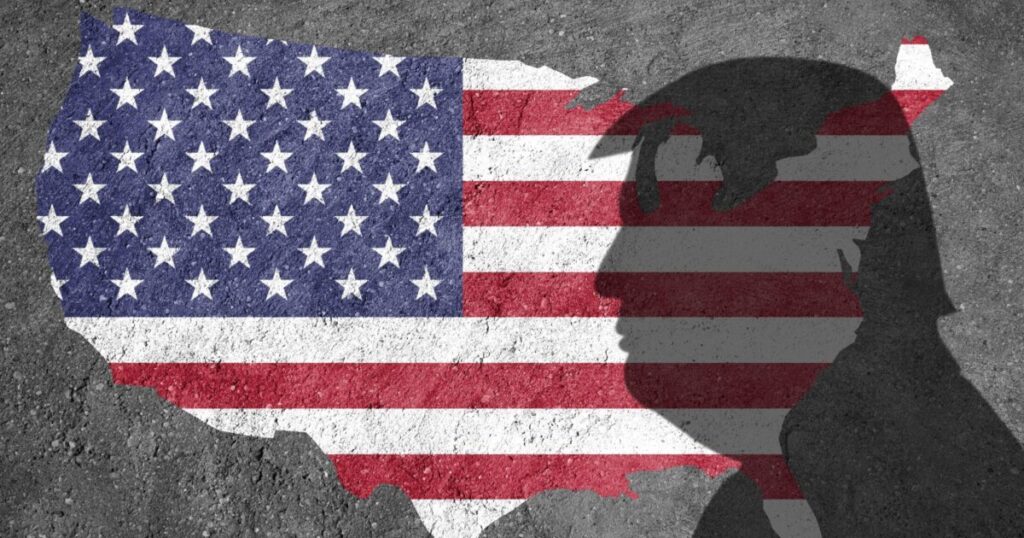During questioning, Senator Brian Schatz of Hawai’i noted a long tradition of non-partisanship from the Transportation Secretary. He pointed out that President George W. Bush appointed a Democrat, and President Obama appointed a Republican. He also noted that transportation secretaries with clear party affiliations like Elaine Chao (Republican) and Pete Buttigieg (Democrat) took less partisan stances in the role. Senator Schatz then asked Duffy if he planned to continue that tradition, and Duffy agreed.
Potential Changes in Airline Consumer Protections
Paul Mutter, Global Coverage Manager at Riskline, a Denmark-based travel risk intelligence company, believes that enforcement action on U.S. airlines’ consumer practices could wane in the new administration, noting Duffy’s nomination was “welcomed with broad public support by airline trade associations.” Mutter also noted Duffy’s past work as an airline industry lobbyist while at the consulting firm BGR Group.
“In 2022, Duffy criticized the DOT’s handling of the Southwest Airlines system outage and expressed his belief that market forces would resolve the issue rather than direct government intervention,” Mutter said. He pointed to the possibility that incoming DOT leadership “will take a less adversarial approach, rather than rush to impose fines and other enforcement actions that the airlines criticized the Biden administration for.”
Concerns Over Amtrak’s Future
During Duffy’s Senate committee hearing, many members brought up issues related to Amtrak service, likely stemming from his voting record in Congress, where he voted at least three times to eliminate all funding for Amtrak. Amtrak has relied upon federal subsidies since its creation by an act of Congress in 1970. The passenger rail operator serves 46 states and enjoys broad public and legislative support.
“This committee has spoken loudly about Amtrak and rail in their home communities, and so I’m going to continue to work with the committee and abide by the law, enforce the law and implement the law as passed by this body,” said Duffy during the hearing.
Trade and Immigration Policies Affecting Travel
Mutter also calls out potential knock-on effects of trade disputes spilling over into the travel industry, saying that trade and immigration disputes between the U.S. and other countries—particularly Canada, Mexico and countries in the Caribbean—could result in retaliatory restrictions on entry to those countries by U.S. citizens, limited options for U.S. travel consumers.
Health Response Considerations
When it comes to the specter of looming health threats, Mutter does not believe that governments are likely to mandate Covid-style lockdowns again, anticipating that, “such measures are likely to be temporary and regional in nature rather than open-ended and global. There is no appetite in the U.S., or any other country, to again lock down in response to such a crisis.”
Short-term, he says, “The most likely immediate deleterious impact to travelers would come from a legislative stalemate over the federal budget.”
Read the full article in Fodor’s Travel.
Image credits: Vecteezy
